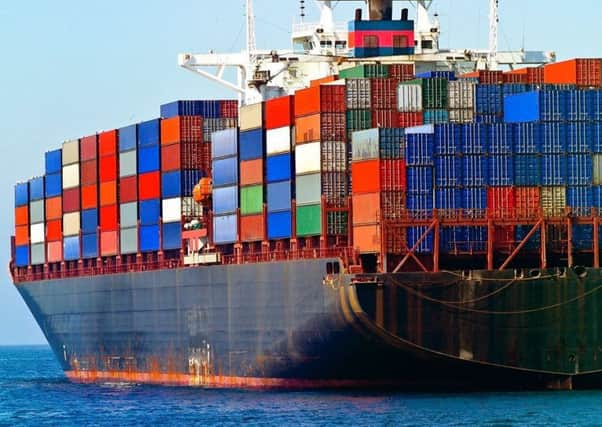Brexit and skills issues continue to hit export trade


A survey of more than 2,600 exporters, including service companies, indicated that exchange rates were a source of concern, as well as the cost of raw materials, which was being pushed up because of weaker sterling.
Almost three out of five manufacturing and services exporters polled by the British Chambers of Commerce (BCC) and DHL said their turnover will improve over the next year.
Advertisement
Hide AdAdvertisement
Hide AdThe report said the growing skills shortages in the UK showed no sign of abating.
Hannah Essex, of the BCC, said: “These are uneasy times for many exporters concerned by persistent uncertainty around Brexit and future terms of trade with key partners.
“As we approach March 29, so many questions remain unanswered and, with the unwanted possibility of no deal still looming, businesses are preparing for the possibility of increased volatility.
“At a time when all of the cogs of government seem to be jammed by Brexit, issues crucial to the UK’s competitiveness and productivity have gone ignored.
Advertisement
Hide AdAdvertisement
Hide Ad“Business communities continue to shout about the scale of labour shortages, with four in five manufacturers reporting recruitment difficulties.
“Yet there has been little action relating to improvements in the UK’s training or skills system, nor has the Government’s immigration blueprint delivered on calls for a system to provide easy access to skills at all levels.”
Shannon Diett, of DHL Express, said: “The uncertain conditions have only increased as we moved into the first quarter of 2019.
“The lack of clarity is causing businesses to move into no-deal Brexit scenario preparations, which adds considerable additional cost to business.”